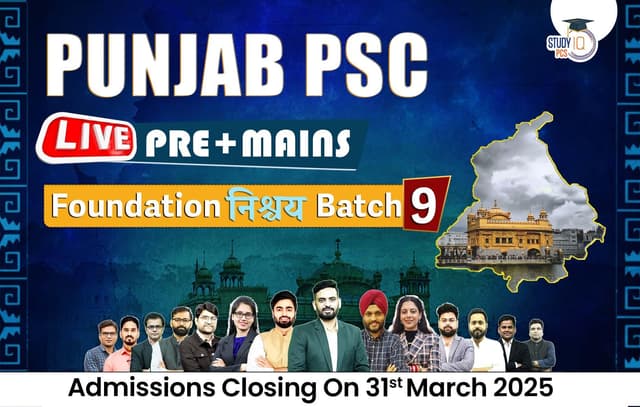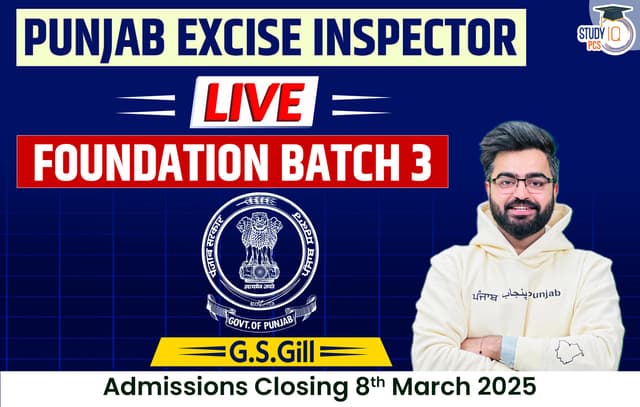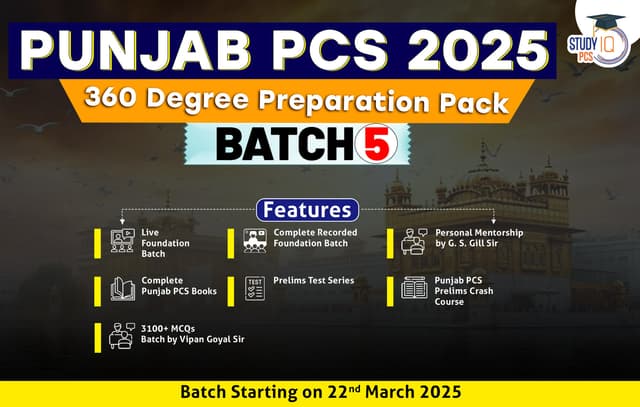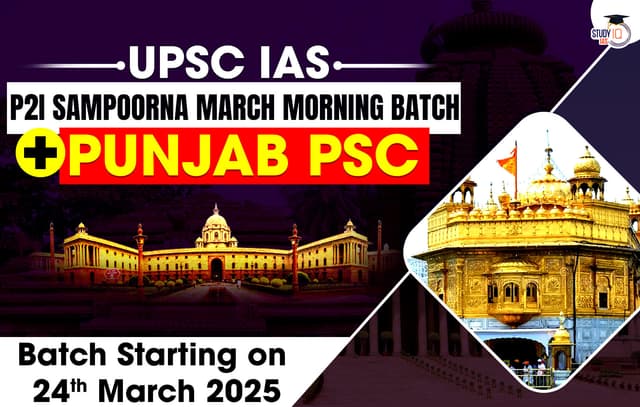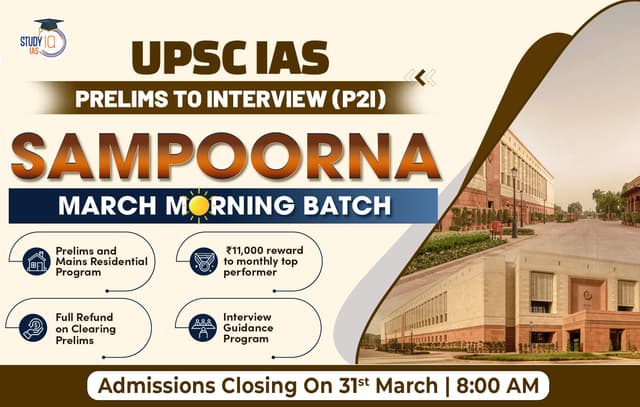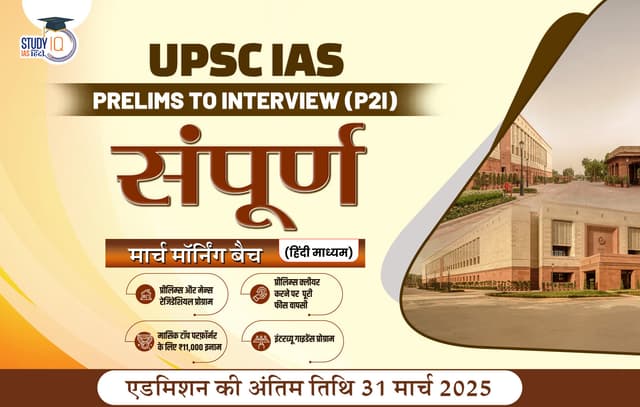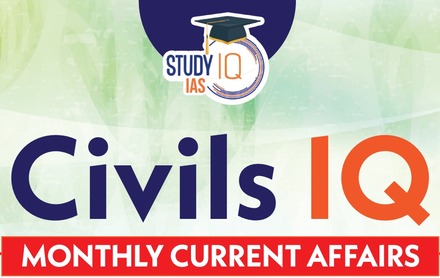Table of Contents
The state executive is made up of the Governor, Chief Minister, Council of Ministers, and Advocate-General of State.
Governor
Appointment and other provisions
| Constitutional provision |
|
| Composition of State executive |
|
| Dual role of Governor |
|
| Appointment of Governor |
|
| Conditions of Governor office |
|
| Oath/Affirmation |
|
| Term of Governor Office |
|
| Immunity to the Governor |
|
History of Governors of Punjab
| History of Governors of Punjab |
|
|
|
|
Powers and Functions of the Governor
Executive power
Can be categorised into appointment and administrative powers.
- Appointment powers: He appoints CM and his council of Ministers + State Election Commissioner + Chairman and members of SPSC + Advocate General + acts as the chancellor of universities + appoints Vice chancellor of universities.
- Administrative powers:
- Executive actions of the State Government are formally taken in his name.
- Can make rules for the convenient transactions of business of the State government.
- Can seek any information from the CM about administrative affairs and legislative proposals of the State.
- Can require CM to submit for the consideration of CoM any matter which has not been considered by them but a decision has been taken by the Minister.
- Can recommend imposition of constitutional emergency. The Governor gets extensive executive power during President rule.
Legislative power
- Power to Summon + prorogue + dissolve the State legislature.
- Address state legislature at
- 1) commencement of the first session after each general election
- 2) first session of each year.
- Send messages to the house: Bill pending in the legislature or otherwise.
- Appoint any member of the State legislative assembly/State legislative council to preside over its proceedings when the Office of Speaker/Chairman + Deputy Speaker/Chairman falls vacant.
- Nominates one-sixth of the members of the state legislative council (literature, science, art, cooperative movement and social service).
- Decides on disqualification of members of the state legislature (Consult Election Commission).
- Bill passed: Give his assent/Withhold assent/Return bill/Reserve bill for President consideration (reservation mandatory in case of State High court)
- Reservation of bill (Other cases): (i) Ultra-vires constitution. (ii) Opposed to DPSP (iii) Against the larger interest of the country. (iv) Of grave national importance. (v) Dealing with compulsory acquisition of property under Article 31A.
- Promulgate ordinances when the state legislature is not in session
- Lays the reports of the State Finance Commission, the State Public Service Commission and the CAG before the state legislature.
Financial Powers
- Annual Financial Statement (state budget) is laid before the state legislature.
- Prior recommendation of Governor: Introduce Money bills in the State legislature
- Demand for a grant can be made except on Governor’s recommendation.
- Make advances out of the Contingency Fund of the state (unforeseen expenditure).
- Constitutes a finance commission after every five years to review the financial position of Panchayats and the Municipalities.
| Powers of the Governor |
Context: Recently, the Punjab governor refused to summon the budget session of the state.
Constitutional provisions related to Governor
|
Office of Governor of Punjab
- The first Governor of Punjab was Sir Chandulal Madhavlal Trivedi. The current Governor (30th) of Punjab is Gulab Chand Kataria – Appointed on 31st July 2024. He assumed the office, after replacing Banwarilal Purohit.
- Note: The Governor of Punjab during the National Emergency (Art. 352) of 1975 was Mahendra Mohan Choudhary. Punjab had to face President Rule (Art. 356) 8 times. Punjab has, however, never had a Financial Emergency.
Chief Minister
- Our constitution provides for a Parliamentary system of government. Under it:
- Governor: de jure executive: Nominal Executive Authority – Head of State
- Chief Minister: de facto: Real Executive Authority – Head of Government
Appointment of the Chief Minister
- Constitution: No specific procedure is mentioned.
- Article 164: Chief Minister shall be appointed by the Governor (Only mention w.r.t appointment)
Convention with respect to appointment
- Leader of Majority Party: Governor has to appoint the leader of the ‘majority party’ in the ‘State Legislative assembly’ as the Chief Minister. (But certain situations demand Governor discretion).
Situation which requires Governor Discretion
- When no party has a clear majority (State Legislative assembly): Governor may exercise his discretion to select and appoint CM.
- Course of Action: Governor usually appoints the ‘leader of the largest party’ or ‘coalition’ in the State Legislative assembly as the Chief Minister.
- The Elected leader needs to seek a vote of confidence in the House within a month.
2. When the Chief Minister in office dies suddenly and there is no obvious successor.
- If on the death of an incumbent Chief Minister, the ruling party elects a new leader, the Governor must appoint him as Chief Minister.
Oath, term and Salary
Oath:
- Administered by the Governor.
- To bear true faith and allegiance to the Constitution of India + uphold the sovereignty and integrity of India + faithfully and conscientiously discharge the duties of his office + Do right to all manner of people in accordance with the Constitution and the law, without fear or favour, affection or ill will.
- Oath of Secrecy: Not to communicate or reveal to any person(s) any matter that is brought under his consideration or becomes known to him as a State minister. (Exception – Required for due to discharge of his duties).
Term:
- ‘Not’ fixed: He holds office during the ‘pleasure’ of the Governor.
- Governor cannot dismiss Chief Minister at any time (Cannot be dismissed till CM holds the ‘majority support’ in LS),
- CM loses the confidence of the Legislative Assembly: Resign or the Governor dismisses him.
Salary and Allowances of CM
- They are determined by the State Legislature.
Power and Functions of the Chief Minister
In relation to the Council of Ministers
- Appointment of the Ministers: The Governor can appoint ‘only’ those persons as ministers who are recommended by the CM.
- Allocation of Portfolios: CM allocates and reshuffles various portfolios among the ministers.
- Removal of Minister: CM can ask a minister to resign or advise the Governor to dismiss him.
- Council of Ministers: CM presides over the meeting of CoM and influences its decisions.
- Administrative role: He guides, directs, controls, and coordinates the activities of all the ministers.
- Resignation (or death) of the CM automatically dissolves the council of ministers.
In Relation to the Governor
- Main channel of communication between the ‘Governor’ and the ‘council of ministers.
- Communicate to the Governor all decisions of the council of ministers with regards to 1) Administration of the affairs of the State 2) Proposals for legislation.
- To furnish information about 1) Administration of the affairs of the State 2) Proposals for legislation (Whatever information the Governor asks for).
- In case the Governor wants: To submit any matter for the ‘consideration’ of the CoM on which a decision has been taken by a minister but has not been considered by the council.
- Advisory role: CM advises the Governor regarding the appointment of important officials like advocate general, Chairman and members of the SPSC, state election commissioner.
In relation to the State Legislature
- Advises the Governor regarding summoning and proroguing the sessions of the State Legislature.
- Dissolution of the State Legislative assembly: The CM can recommend dissolution of the State Legislative assembly to the Governor at any time.
- Announcement of Government policies on the floor of the House.
Other Functions
- Chairman of the State Planning Board.
- Acts as a vice-chairman of the concerned zonal council by rotation, holding office for a period of one year at a time.
- Member of the Inter-State Council + Governing Council of NITI Aayog.
- Chief spokesman of the state government.
- Crisis manager-in-chief at the political level during emergencies.
- As a real executive authority, the Chief Minister is called the real head of the government. He is assisted by his council of ministers. The Chief Minister (CM) is analogous to the Prime Minister (PM). Thus, the CM is appointed, removed, and performs his functions on the same lines as the PM. Some notable facts are mentioned in the Table.
- The first CM of Punjab was Dr.Gopi Chand Bhargava.
- The current CM of Punjab is S. Bhagwant Mann (Aam Aadmi Party), who is the 17th CM of Punjab since its formation in1966. He assumed this office, after replacing Charanjit Singh Channi (Indian National Congress), on 16 March 2022.
State Council of Ministers
The State Council of Ministers (COM) is headed by the CM of the state. The COM in the state is constituted and functions in the same way as that at the Centre. The current notable COM are mentioned in the Table.
| Council of Ministers (as of 10/04/2024) | |
| Name | Portfolio(s) |
| Bhagwant Mann | General Administration, Home Affairs & Justice, Personnel, Vigilance,Co-operation, Industries &Commerce, Housing & Urban Development, Jails, Legal & Legislative Affairs, Civil Aviation |
| Harpal Singh Cheema | Finance, Planning, Programme Implementation, Excise &Taxation |
| BaljitKaur | Social Justice, Empowerment and Minorities, Social Security, Women & Child Development |
| Harbhajan Singh | Public Works (B&R), Power |
| Lal Chand Kataruchakk | Food, Civil Supplies and Consumer Affairs, Forests, Wild Life |
| Gurmeet Singh Meet Hayer | Water Resources, Mines & Geology, Science Technology & Environment, Sports & Youth Services, Conservation of Land & Water |
| Bram Shanker Jimpa | Revenue, Rehabilitation and Disaster Management, Water Supply & Sanitation |
| Laljit Singh Bhullar | Transport, Rural Development &Panchayats |
| Kuldeep SinghDhaliwal | NRI Affairs, Administrative Reforms |
| Harjot Singh Bains | Technical Education & Industrial Training, Higher Education, School Education |
| AmanArora | New &Renewable energy Resource, Printing& Stationery, Governance Reforms and Removal ofGrievances, Employment Generation & Training |
| Sardar Gurmeet Singh Khudian | Agriculture & Farmers Welfare, Animal Husbandry, Fisheries and Dairy Development, Food Processing |
| Balbir Singh | Health & Family Welfare, Medical Education&Research, Elections |
| Chetan Singh Jouramajra | Defence Services Welfare, Welfare of Freedom Fighters, Horticulture, Information & Public Reforms |
| Anmol Gagan Mann | Tourism & Culture Affairs, Investment Promotion, Labour, Hospitality |
| Sardar Balkar Singh | Local Government, Parliamentary Affairs |

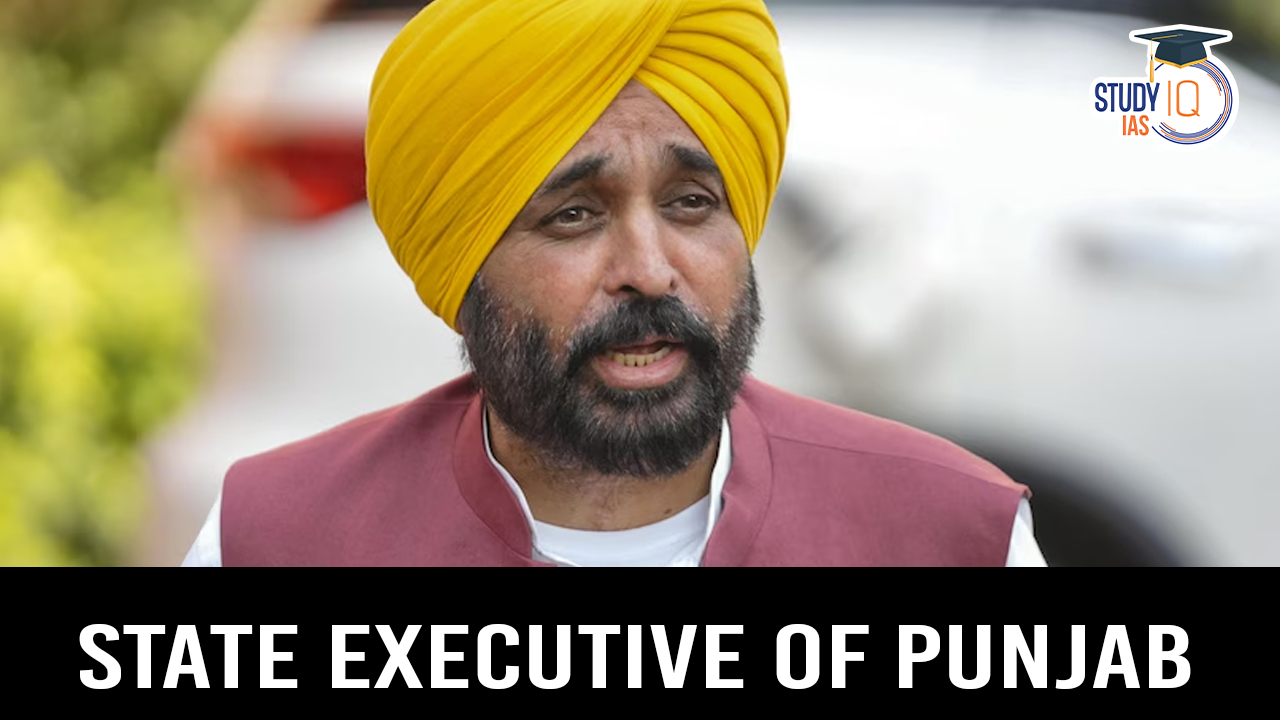
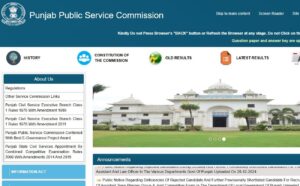 Punjab PCS Selection Process, Prelims, M...
Punjab PCS Selection Process, Prelims, M...
 State Universities of Punjab
State Universities of Punjab
